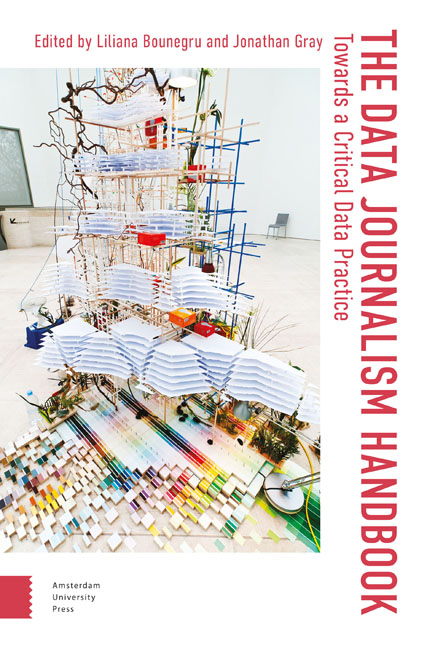51 - Data Journalism: In Whose Interests?
Summary
Abstract
This chapter asks whose interests are served by data journalism projects and questions the imagined audiences, particularly in regard to recent crime-related data journalism that purports to serve the public good. It draws on the work of Indigenous scholars who suggest that refusal, misrepresentation, colonialism and data collection are persistent challenges for journalism and require better ethical diagnostics.
Keywords: colonialism, Indigenous, data journalism, crime content, ethics, science and technology studies
One of the early significant contributions to data journalism in the United States was chicagocrime.org, an online map of Chicago layered with crime statistics (Anderson, 2018; Holovaty, 2005, 2008). According to its founder, Adrian Holovaty, chicagocrime.org, which launched in 2005, was one of the
original map mashups, combining crime data from the Chicago Police Department with Google Maps. It offered a page and RSS feed for every city block in Chicago and a multitude of ways to browse crime data—by type, by location type (e.g., sidewalk or apartment), by ZIP code, by street/ address, by date, and even by an arbitrary route. (Holovaty, 2008)
A few years later, the Los Angeles Times launched the journalism blog Homicide Report, which drew from police data to generate homicide blog posts about each of the more than 900 homicides in the county. Both projects utilized crime data and geography in major metropolitan US centres. And both provide insight into persistent critiques and challenges related to the aims and impacts of data-driven journalism, and journalism in general.
Holovaty's motives for launching chicagocrime.org were in keeping with journalism's goals of generating local “news you can use” along with its increasingly technical identity and focus on “cool technical things” (Holovaty, 2005). The goals of Homicide Report's founder, Los Angeles Times journalist Jill Leovy, were more critical. Leovy wanted to account for all homicides in Los Angeles County in order to deconstruct traditional journalism norms and practices that saw only certain homicides covered (Leovy, 2008; Young & Hermida, 2015).
- Type
- Chapter
- Information
- The Data Journalism HandbookTowards A Critical Data Practice, pp. 379 - 387Publisher: Amsterdam University PressPrint publication year: 2021



